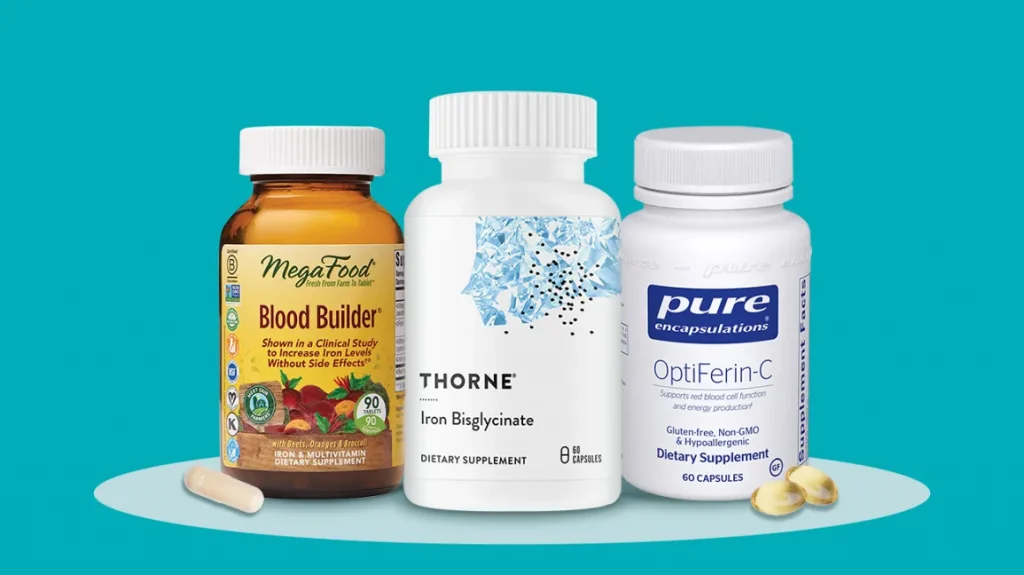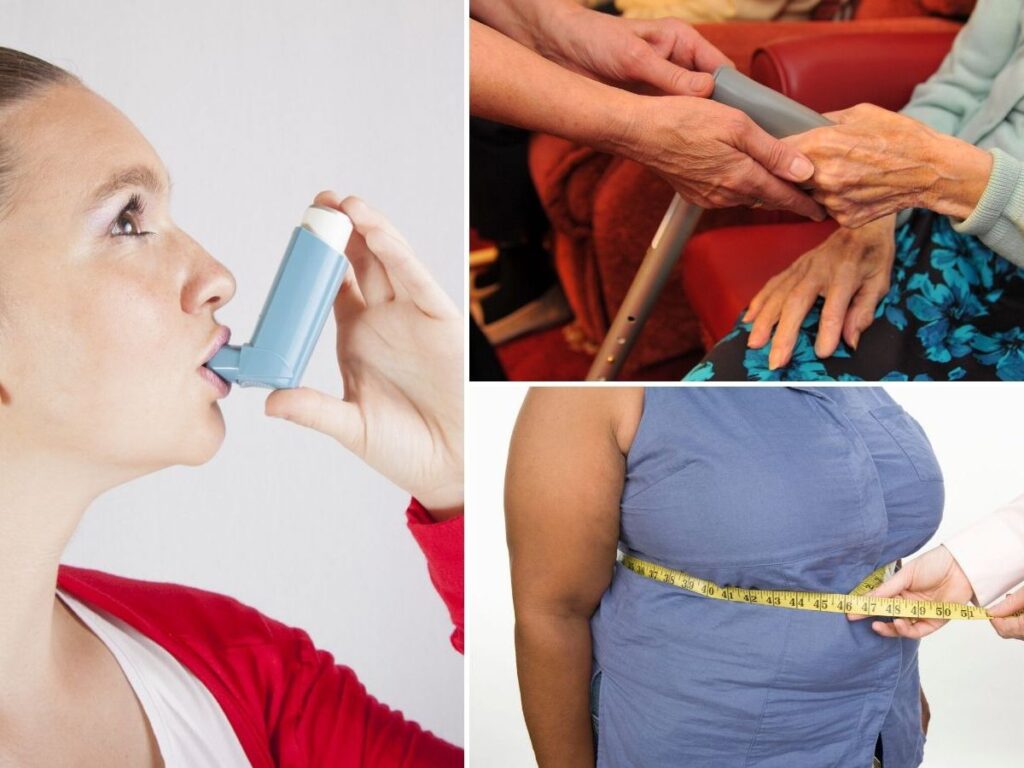How To Increase Your Hemoglobin Count: You can do several things to increase your hemoglobin count through dietary changes and supplements, but stay in touch with your doctor while you try these out.
Table of Contents
What Is Hemoglobin
Hemoglobin is a protein found in red blood cells that is responsible for transporting oxygen from the lungs to the body’s tissues and organs. It is made up of four protein subunits, each containing a heme group that binds to an oxygen molecule. Hemoglobin also plays a role in transporting carbon dioxide, a waste product of metabolism, from the tissues back to the lungs for exhalation. The amount of hemoglobin in the blood can provide valuable information about a person’s overall health, particularly their oxygen-carrying capacity.
What Is Low Hemoglobin Count
A low hemoglobin count, also known as anemia, is a condition in which the number of red blood cells or the amount of hemoglobin in the blood is below normal. This can result in a reduced ability of the blood to carry oxygen to the body’s tissues and organs, leading to symptoms such as fatigue, weakness, shortness of breath, dizziness, and pale skin.
The normal range of hemoglobin levels varies depending on age, gender, and other factors, but generally, a hemoglobin level below 13.5 g/dL in men and 12.0 g/dL in women is considered low. However, it’s important to note that the specific range may vary depending on the laboratory that performs the test.
There are many different causes of low hemoglobin count, including iron deficiency, vitamin deficiency, chronic disease, kidney disease, blood loss, and certain medications. Treatment of low hemoglobin count will depend on the underlying cause and may include iron supplements, vitamin supplements, blood transfusions, or treatment of the underlying disease or condition.
RELATED: High Fiber Food Groups

How To Increase Your Hemoglobin Count
There are several ways to increase hemoglobin levels naturally, including:
Eating iron-rich foods: Iron is a vital component of hemoglobin, so eating foods that are high in iron can help increase hemoglobin levels. Foods like red meat, poultry, fish, beans, lentils, tofu, spinach, and fortified cereals are all good sources of iron.

Consuming foods rich in vitamin C: Vitamin C helps the body absorb iron more efficiently. Eating foods like oranges, strawberries, kiwis, bell peppers, and broccoli can help increase hemoglobin levels.

RELATED: Vitamin B12 Rich Cereals To Include In Your Diet
Increasing folate and vitamin B12 intake: These vitamins are also essential for the production of red blood cells. Foods like eggs, dairy products, fortified cereals, leafy green vegetables, and legumes are good sources of folate and vitamin B12.

Taking iron supplements: If dietary changes are not enough, iron supplements may be recommended by a doctor.

Exercise regularly: Regular exercise can help increase the production of red blood cells and improve oxygen delivery to the body’s tissues.

Avoiding factors that can interfere with iron absorption: Certain substances, such as tea, coffee, and calcium supplements, can interfere with iron absorption. Avoiding or limiting these substances may help increase hemoglobin levels.

RELATED: Easy Ways To Lower Blood Sugar Naturally And Safely
Getting enough sleep: Adequate rest and sleep are important for the body to produce red blood cells and maintain overall health.

Managing stress: Chronic stress can affect the body’s ability to produce red blood cells, so managing stress through relaxation techniques like meditation or yoga can help improve hemoglobin levels.

Treating any underlying medical conditions: Certain medical conditions, such as kidney disease or cancer, can cause low hemoglobin levels. Treating these underlying conditions can help improve hemoglobin levels.

Drinking plenty of fluids: Staying well hydrated can help the body produce more blood cells and improve circulation.

Quitting smoking: Smoking can damage the lungs and reduce oxygen levels in the body, making it harder for the body to produce hemoglobin. Quitting smoking can help improve hemoglobin levels and overall health.

14 Signs of Iron Deficiency Anemia
Iron deficiency anemia occurs when the body doesn’t have enough iron to produce hemoglobin, leading to a decrease in the number of red blood cells in the body. Here are some common signs and symptoms of iron deficiency anemia:
- Fatigue and weakness
- Pale skin
- Shortness of breath
- Dizziness or lightheadedness
- Headaches
- Cold hands and feet
- Chest pain
- Fast or irregular heartbeat
- Brittle nails
- Craving for non-food items like ice, dirt, or clay (a condition called pica)
- Poor appetite or decreased food intake
- Soreness or inflammation of the tongue
- Restless leg syndrome (RLS)
- Difficulty concentrating or brain fog
When to see a doctor
Some cases of low hemoglobin can’t be fixed through diet and supplements alone. Contact your doctor if you have any of the following symptoms while trying to raise your hemoglobin level:
- pale skin and gums
- fatigue and muscle weakness
- a fast or irregular heartbeat
- frequent headaches
- frequent or unexplained bruising

